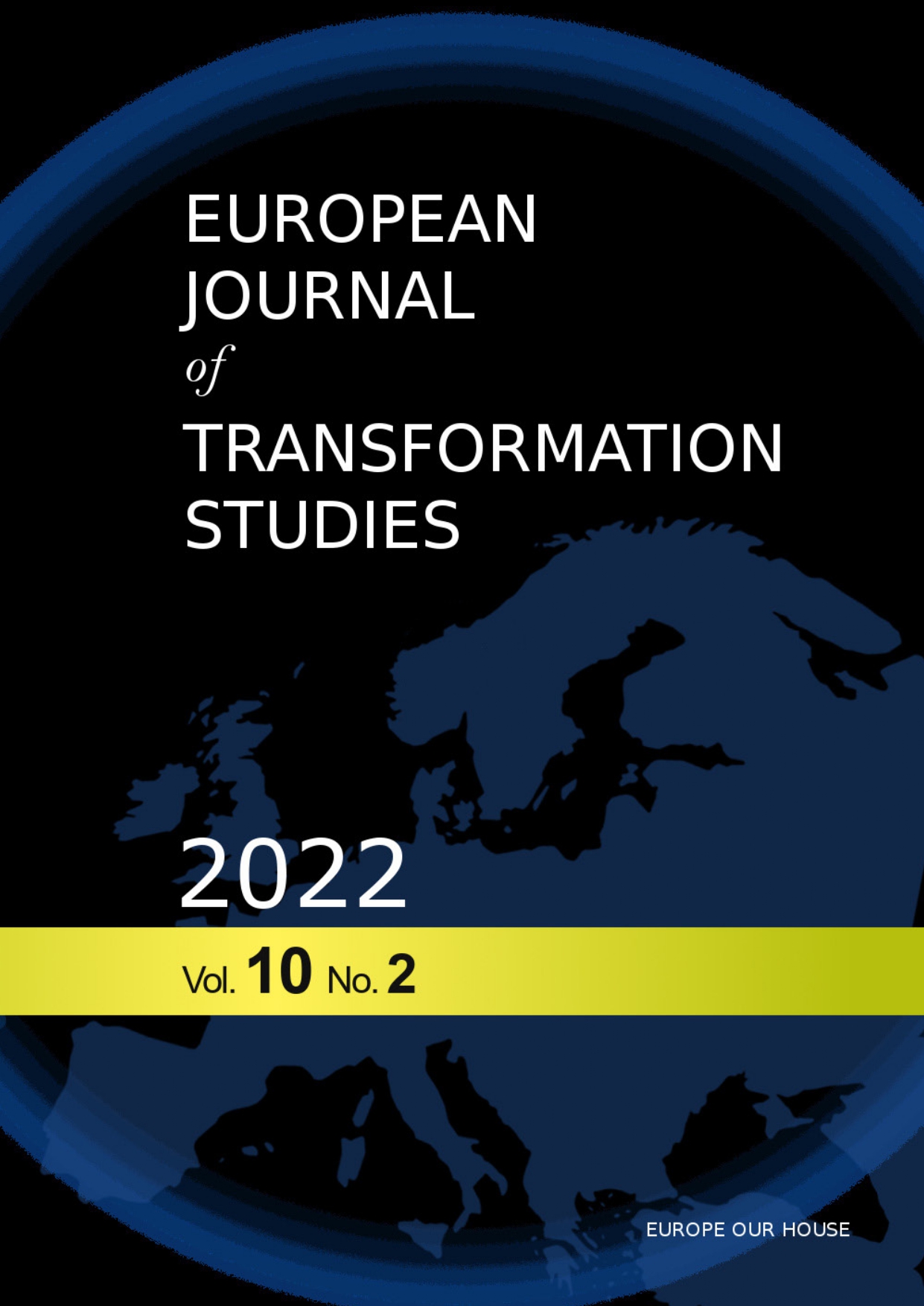Adama Barrow’s presidency in the Gambia. Recapitulation of five years of the new rule
Keywords:
President, Presidency, Law-Abidingness, Democracy, Human Rights, Development, Progress, Republic of The Gambia, SecurityAbstract
The Gambia, the smallest state in continental Africa, has been undergoing a through transformation since the beginning of 2017. This is the outcome of a change in many years’ rule, initially of President Dawda Jawara (24 years) and then Yahya Jammeh (22 years), and the take-over of power by Adama Barrow. The incumbent president, who has been holding the position for five years, bearing in mind numerous problems resulting from the heritage of his predecessors, among others abuse of power, ignorance for the constitutional rules, failure to observe the rule of law and violation of human rights, has set a goal for himself and his associates to prepare a strategy for the repair and development of the state, which could guarantee that the Republic of The Gambia transforms into a state with democratic foundations, ensuring safety and prosperity to all its citizens. It is obvious that such a short time to implement the new policy cannot produce spectacular successes, yet the purpose of the paper is to present an assessment of the first five years of Barrow’s presidency. It is an attempt at answering questions as to which of the assumed goals show any progress and which still remain in the sphere of the new president’s unre-alised aspirations.
In the text below, the author primarily uses three research methods. The task of the institutional and legal method is to analyse the functioning of the political institutions in The Gambia (reasonability of the adopted strategies, verification of the functions of state institutions with respect to the citizens; assessment of the effects of adopted premises; analysis of impact of quality of the state institutions on the efficient or inefficient functioning of the state). The system method is used to analyse a group of elements, i.e., the political system in the state, the relations of such elements (authorities, offices, parties, etc.) and their reciprocal impact, as well as impact on the environment and behaviour (level of residents’ life, observance of human rights, degree of civil society). In turn, the method of statistical analysis is used to compare the statistical data prepared regularly by international institutions that assess the level of a state’s correct operation.
Downloads
References
Ateku Abdul Jalilu, (2020), Regional intervention in the promotion of democracy in West Africa: an analysis of the political crisis in the Gambia and ECOWAS’ coercive diplomacy, Conflict, Security & Development, Volume 20, 2020 – Issue 6.
Attanasio Luca, (2020), Adama Barrow: Il sognodemocratico del Gambia, CRIC – Coordinamento Riviste Italiane di Cultura.
Bak Mathias, (2021), Overview of Corruption and Anti-Corruption in the Gambia, https://knowledgehub.transparency.org/helpdesk/overview-of-corruption-and-anti-corruption-inthe-gambia (27.11.2022).
Batterman D., Cockey S., Deleersnyder A. E., Diop A., Fiertz N., Haken N., Hoduski N., Kramer O., Reger K., Sample E., Smith K., Taft Nasri P., Wilson W., Woodburn D., (2021), Fragile States Index – Annual Report 2021, Fund For Peace, Washington DC.
Carment D., Muñoz K., Samy Y., (2020) Fragile and Conflict-Affected States in the Age of COVID 19 A 2020 Country Indicators for Foreign Policy Report.
Conceição P., (2022), UNDP (United Nations Development Programme). 2022. Human Development Report 2021-22: Uncertain Times, Unsettled Lives: Shaping our Future in a Transforming World. New York.
Delapalme N., Rocca C., Fernández D.F., Schultez I., Chandler B., Zaghouani O., (2020), Ibrahim Index of African Governance Index Report.
Donner S., (2020), BTI 2020: Resistance to democratic regression and authoritarian rule is growing — Global Findings Democracy, Gütersloh: Bertelsmann Stiftung.
Edie C.J., (2000), Democracy in The Gambia: Past, Present and Prospect for the Future, Africa Development/Afrique et Développement, Vol. 25, No. 3/4, pp. 161-198.
Hartmann H., (2020), BTI 2020 - Global Uncertainty Global Findings – Economic transformation, https://bti-project.org/fileadmin/api/content/en/downloads/reports/global/BTI_2020_Economy Report.pdf (12.11.2022).
JengAmat, (2021), How Domestic Factors Shape Foreign Policy of Small States: A Case Study of The Gambia’s Foreign Policy Shift under Jammeh, Journal of African Foreign Affairs Vol. 8, No. 3.
Omasanjuwa Akpojevbe, (2022), The Gambia, Africa Yearbook Volume 18, Brill.
Pring C., Vrushi J., (2019), Global Corruption barometer Africa 2019, Transparency International.
Salvioli L. (2019), UN expert on transitional justice to review progress in Gambia, https://www.ohchr.org/en/press-releases/2019/11/un-expert-transitional-justice-review-progress-gambia.(13.12.2022).
Sanchez M., Fiertz N., (2022), Fund For Peace, Fragile States Index Annual Report 2021, Washington.
Sanga D., (2022), Assessment of media development in the Gambia: based on UNESCO’s Media Development Indicators, UNESCO Office Dakar and Regional Bureau for Education in Africa.
Sanyang N.M.B., (2021), Gambia Bureau of Statistics (GBoS) and ICF. 2021. The Gambia Demographic and Health Survey 2019- 20. Banjul, The Gambia and Rockville, Maryland, USA: GBoS and ICF.
Stańczyk – Minkiewicz M., (2015), Political Communication and African State Dysfunctionality. An attempt at an interdependence analysis, In: Communicating in Africa. Endo and exogenous aspects, ed. A. Żukowski, Olsztyn.
https://fragilestatesindex.org/wp-content/uploads/2021/05/fsi2021-report.pdf. (09.11.2022)
https://www.ohchr.org/en/press-releases/2019/11/un-expert-transitional-justice-review-progress-gambia (7.10.2022)

 Academic Scientific Journals
Academic Scientific Journals



